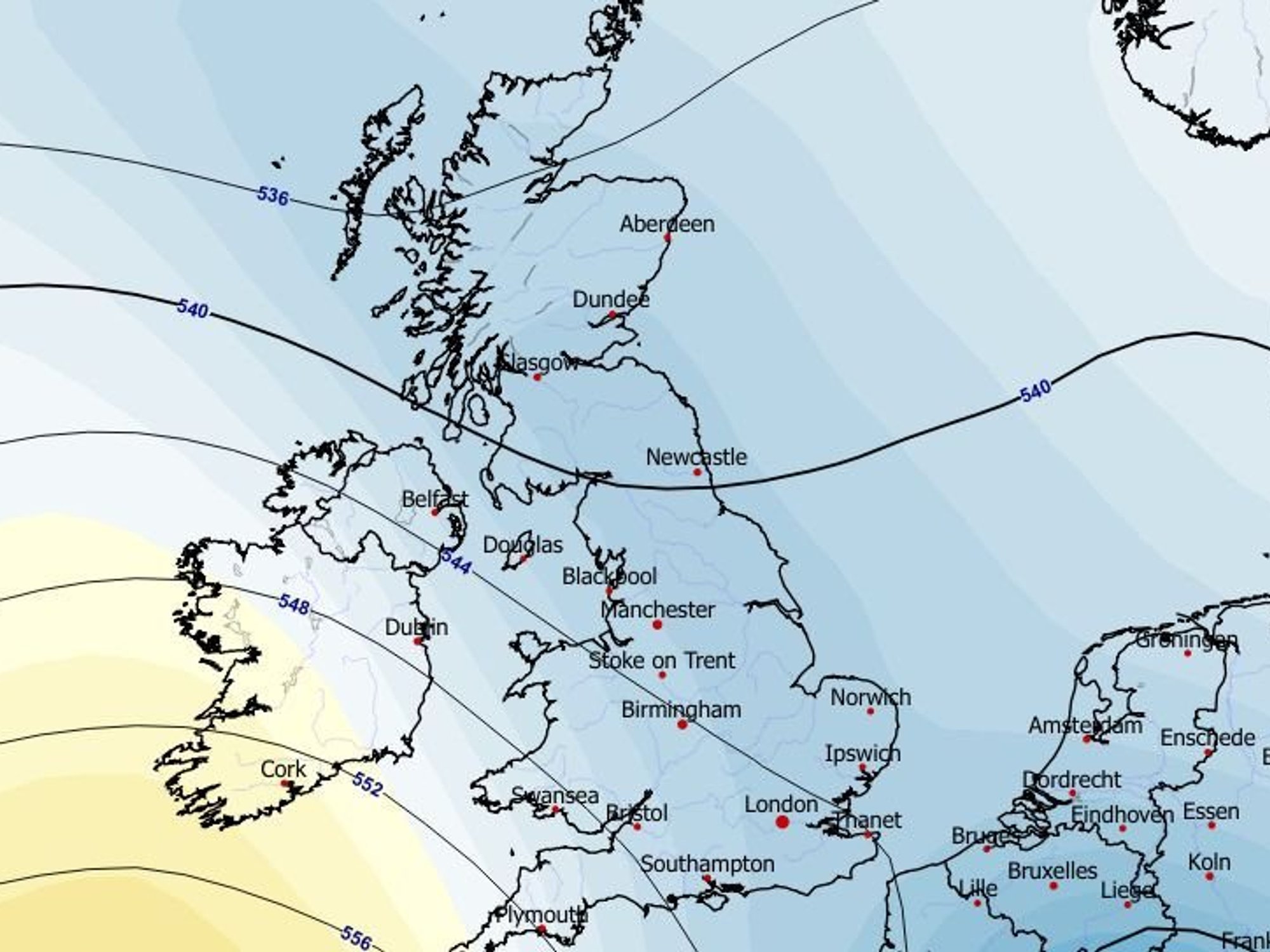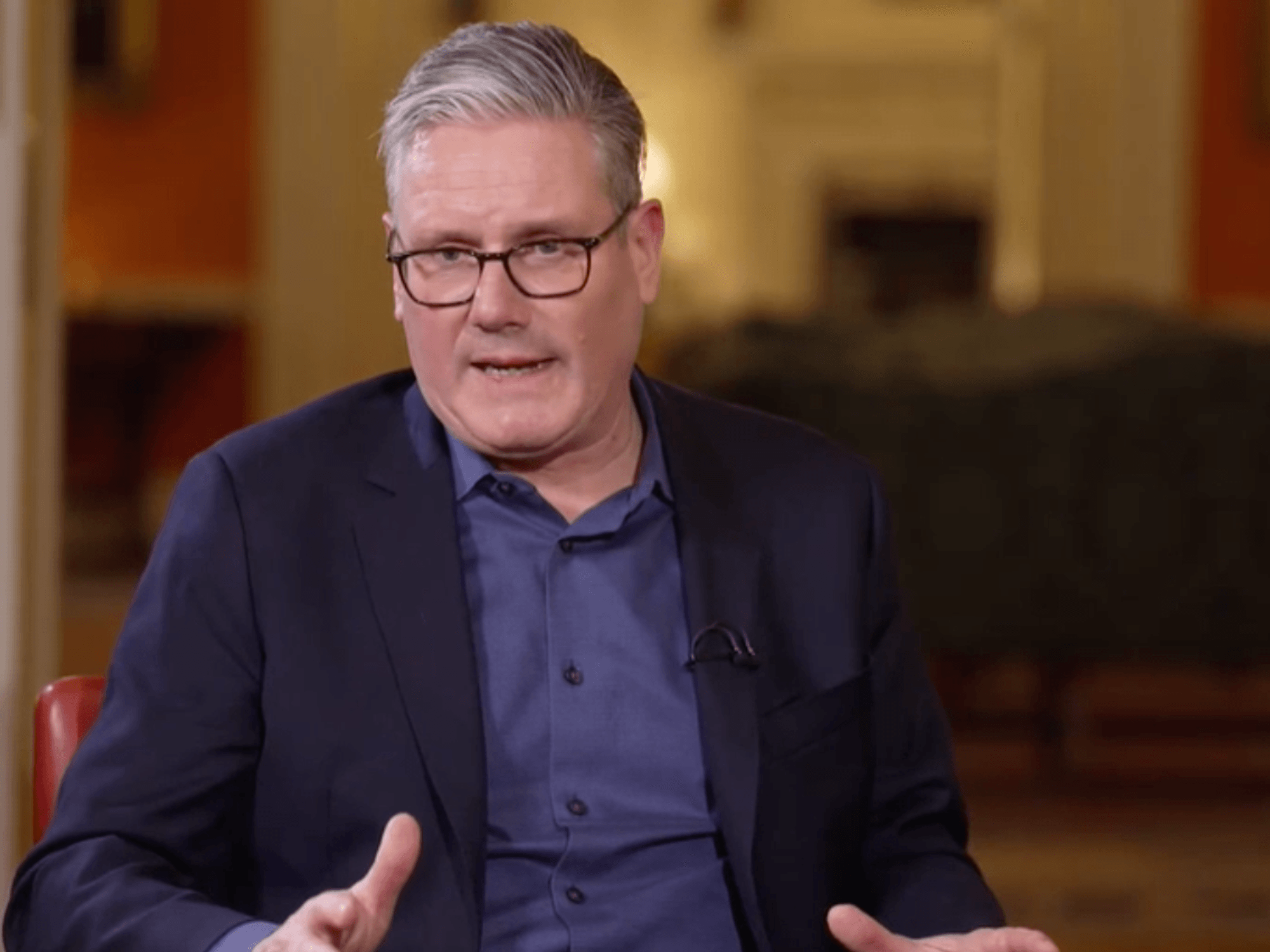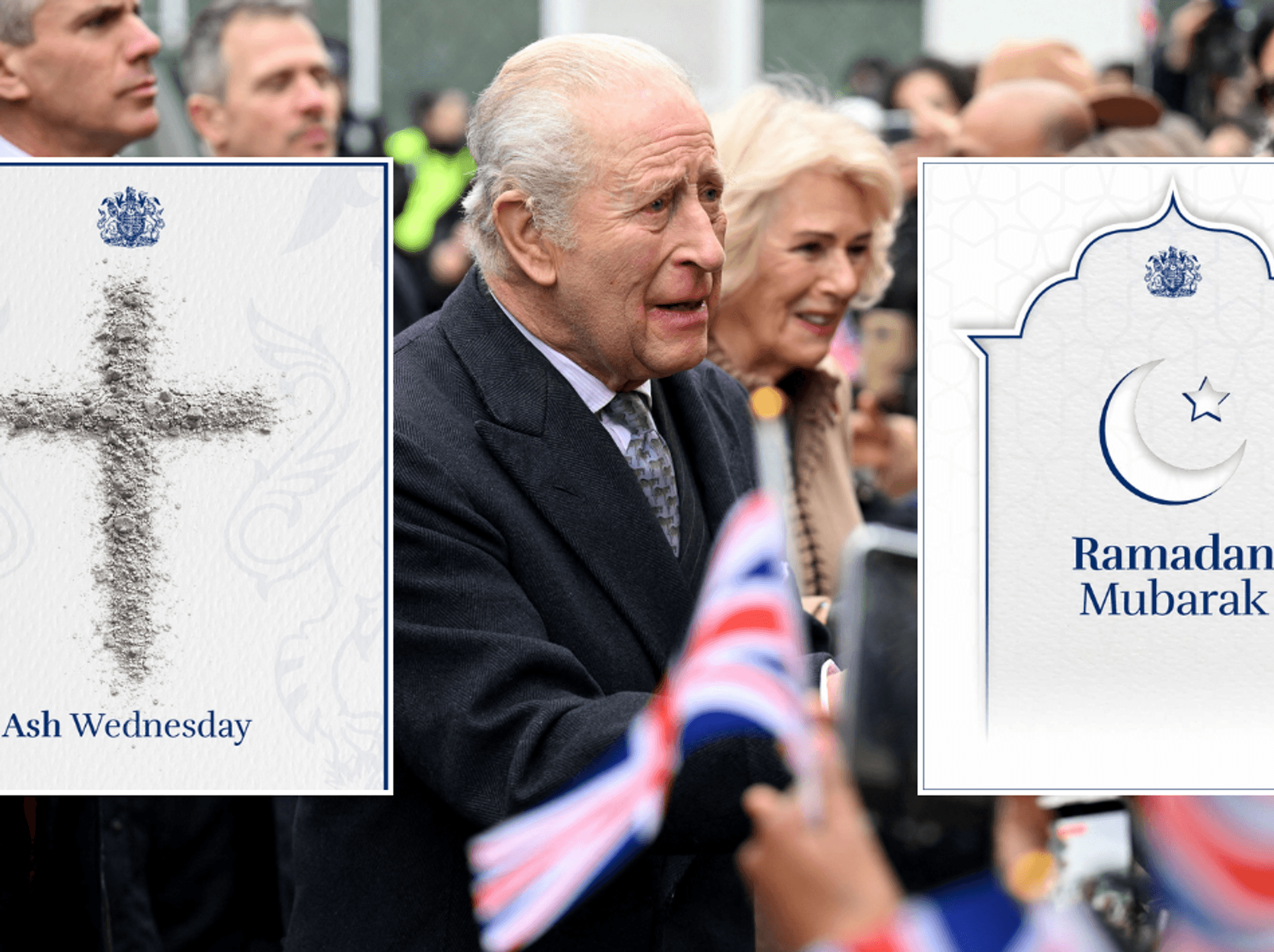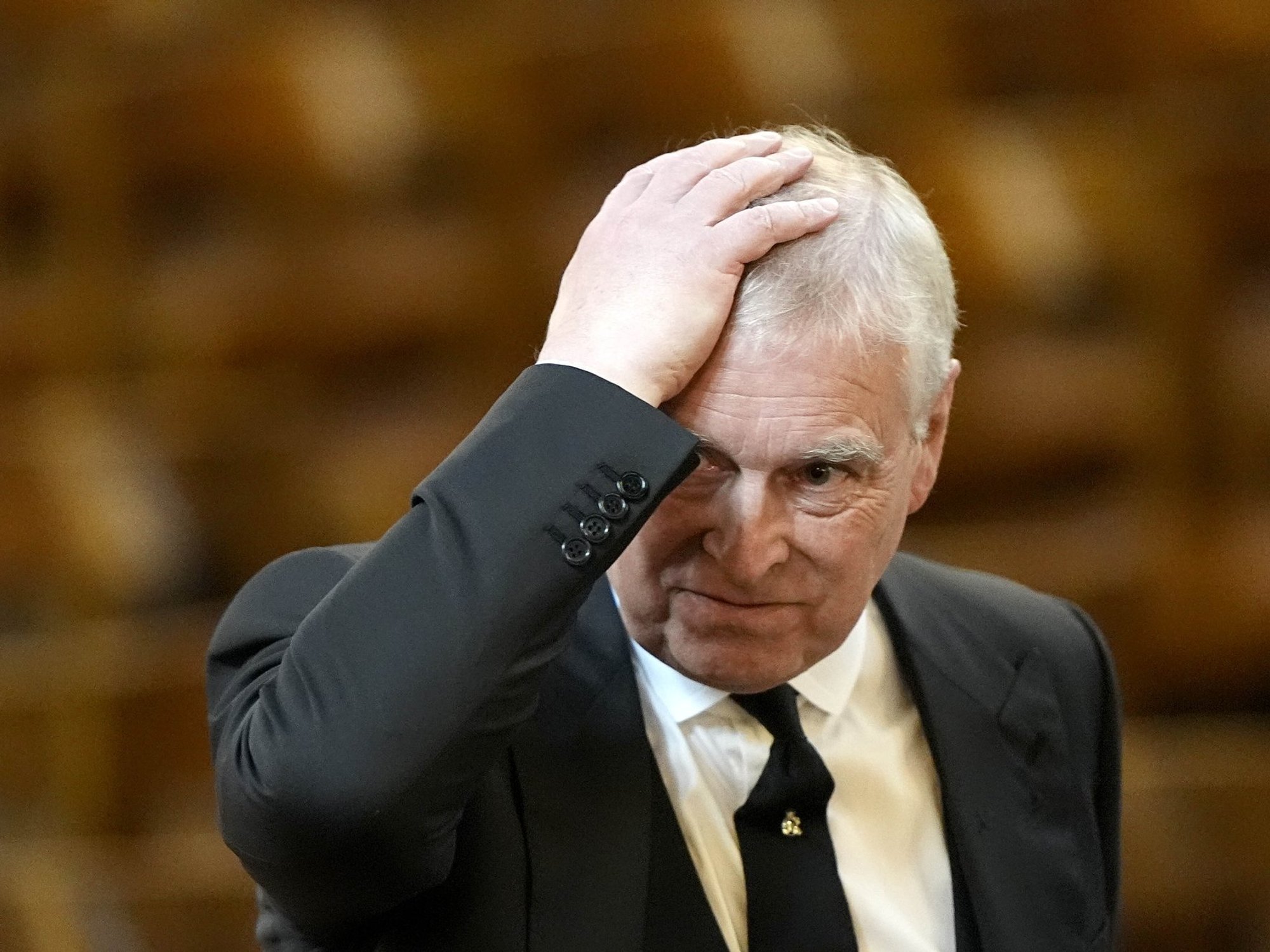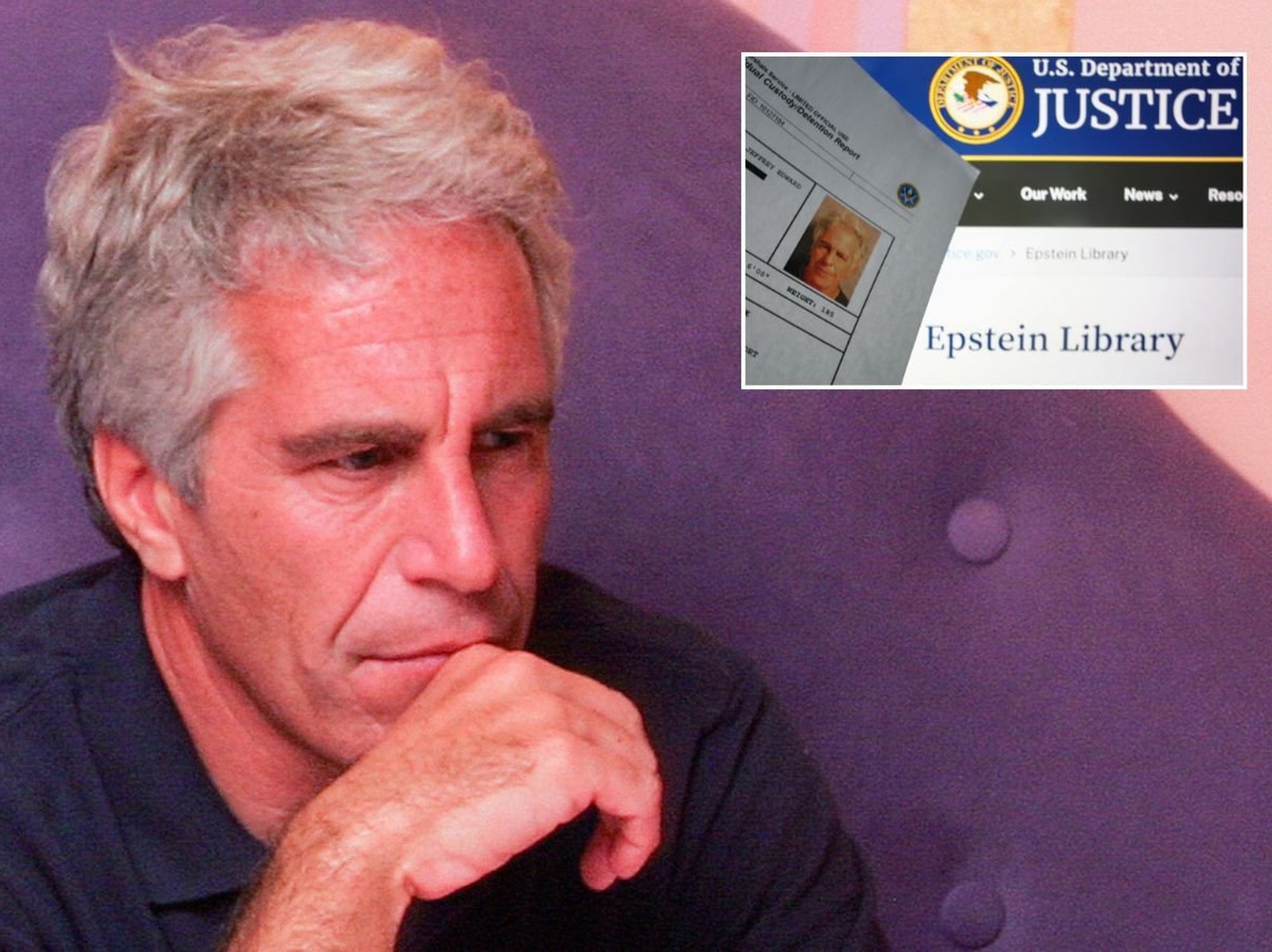State pension warning: Thousands of pensioners face unexpected HMRC tax bill from next year

Many older Britons will have to start paying income tax for the first time since retirement
Don't Miss
Most Read
Latest
Millions of retirees on the new state pension are warned they could be hit with unexpected tax bills in the next few years.
Labour's commitment to maintain the Conservative's freeze on income tax personal allowance until 2028 means pensioners will face tax bills even as their payments increase under the triple lock guarantee.
Analysis shows the state pension will breach the current £12,570 tax-free allowance within three years, creating an unprecedented situation where pensioners must return some of their state pension to HMRC.
The new state pension is projected to rise to at least £12,578 a year by 2027, before reaching £13,230 in 2029.
The change will affect those receiving the new state pension - men born on or after April 6, 1951 and women born on or after April 6, 1953.
Almost 900,000 more people will exceed the Personal Allowance this year, according to Spencer Churchill.
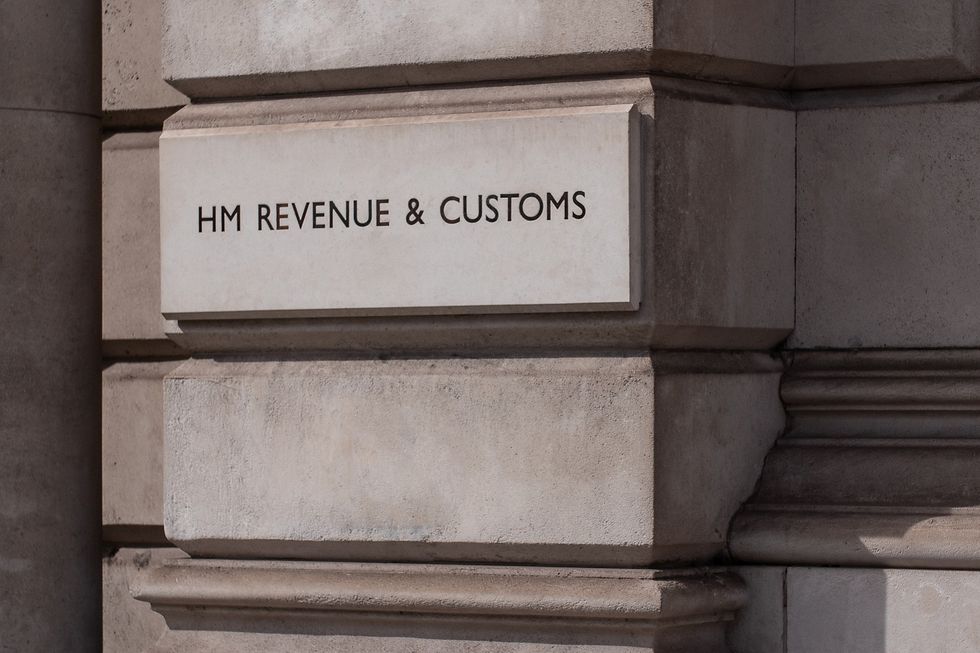
Retirees could see a minimum tax bill of £130 taken from their monthly payments
| GETTYAdam Pope from Spencer Churchill said: "Freezing income tax thresholds for pensioners is worrying and could really affect their financial situation.
"Almost two million pensioners are expected to be hit by this in the next four years. Over 60 per cent of pensioners are paying income tax, up from about 50 per cent in 2010."
By the end of the decade, in the tax year 2029/2030, retirees could see a minimum tax bill of £130 taken from their monthly payments as their payment rises but the the income tax threshold remains the same.
The current full new state pension is at £11,502.40 a year and is expected to rise by £460 next year based on the recent wage growth data. This leaves it at £11,962.40 against a personal allowance threshold of £12,570.
The 2025 rise leaves just over £600 gap between the full new state pension and the personal allowance threshold that currently makes state pension tax-free.
Even if state pension only rises by the minimum 2.5 per cent promised through the triple lock each year until the personal allowance threshold is unfrozen, Quilter calculated that the state pension will incur a £130.20 tax bill by 2030.
Jon Greer at Quilter said: "The reality is that we are soon set to be in the perverse situation where pensioners might have to start paying back their state pension to HMRC because of frozen allowances."
He noted that unless the Government increases the personal allowance, more pensioners will need to return some of their pension benefit in tax if inflation or wage growth exceed four per cent in the next two tax years.
Greer added that an increasing number of state pensioners' allowances would be eliminated by the state pension, meaning any private pension provision beyond the tax-free lump sum would become taxable at their highest marginal rate.
Of the 12.7 million people receiving state pension, approximately 8.1 million (64 per cent) currently pay tax in retirement, largely due to additional income from workplace or private pensions.
Labour has pledged to maintain the triple lock, though the policy is proving expensive for the Government.
The Office for Budget Responsibility has cited Britain's ageing population and the triple lock as key drivers behind a sharp rise in welfare spending this year, with pension benefits to reach £377bn by the end of the decade.






